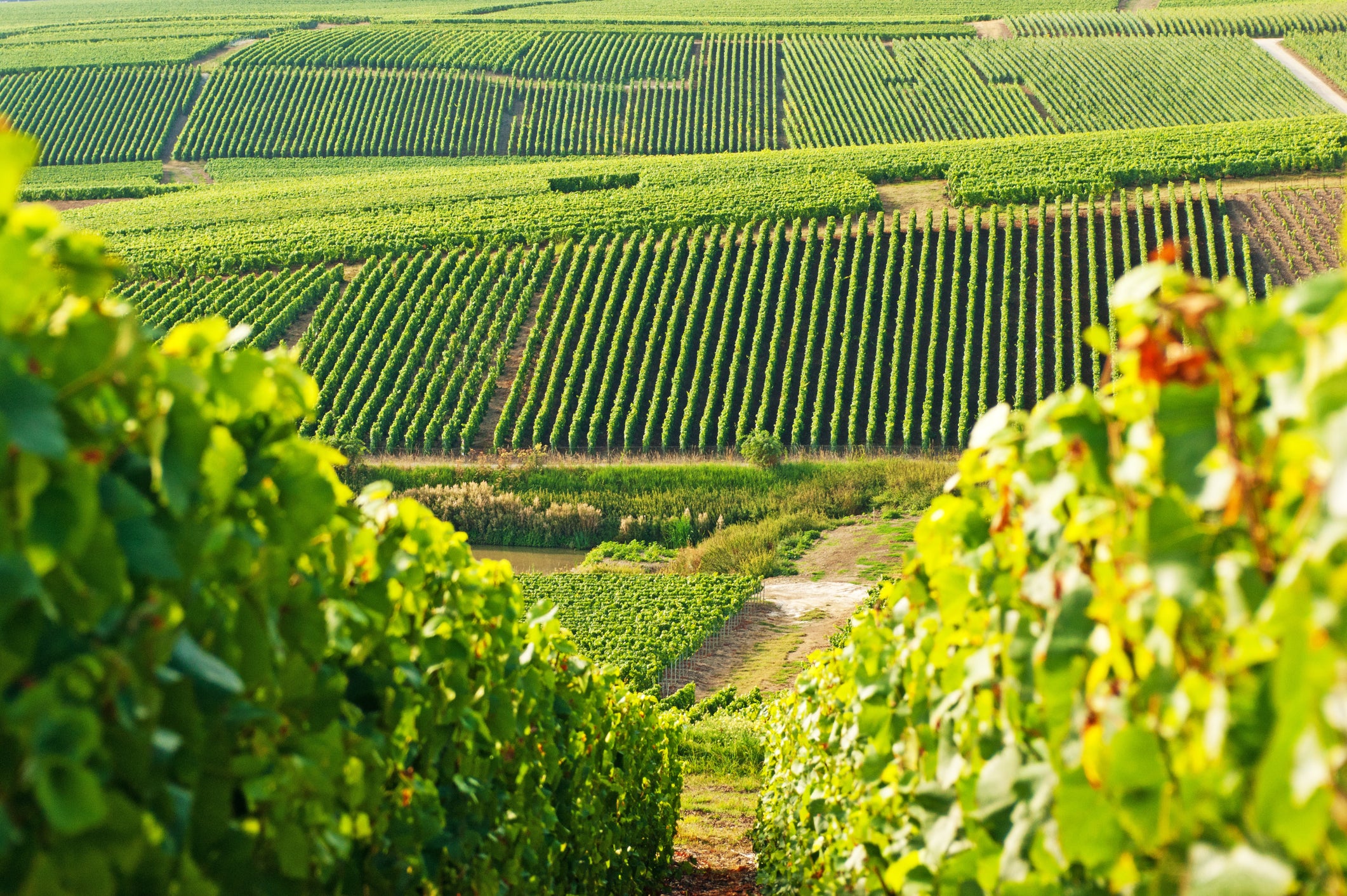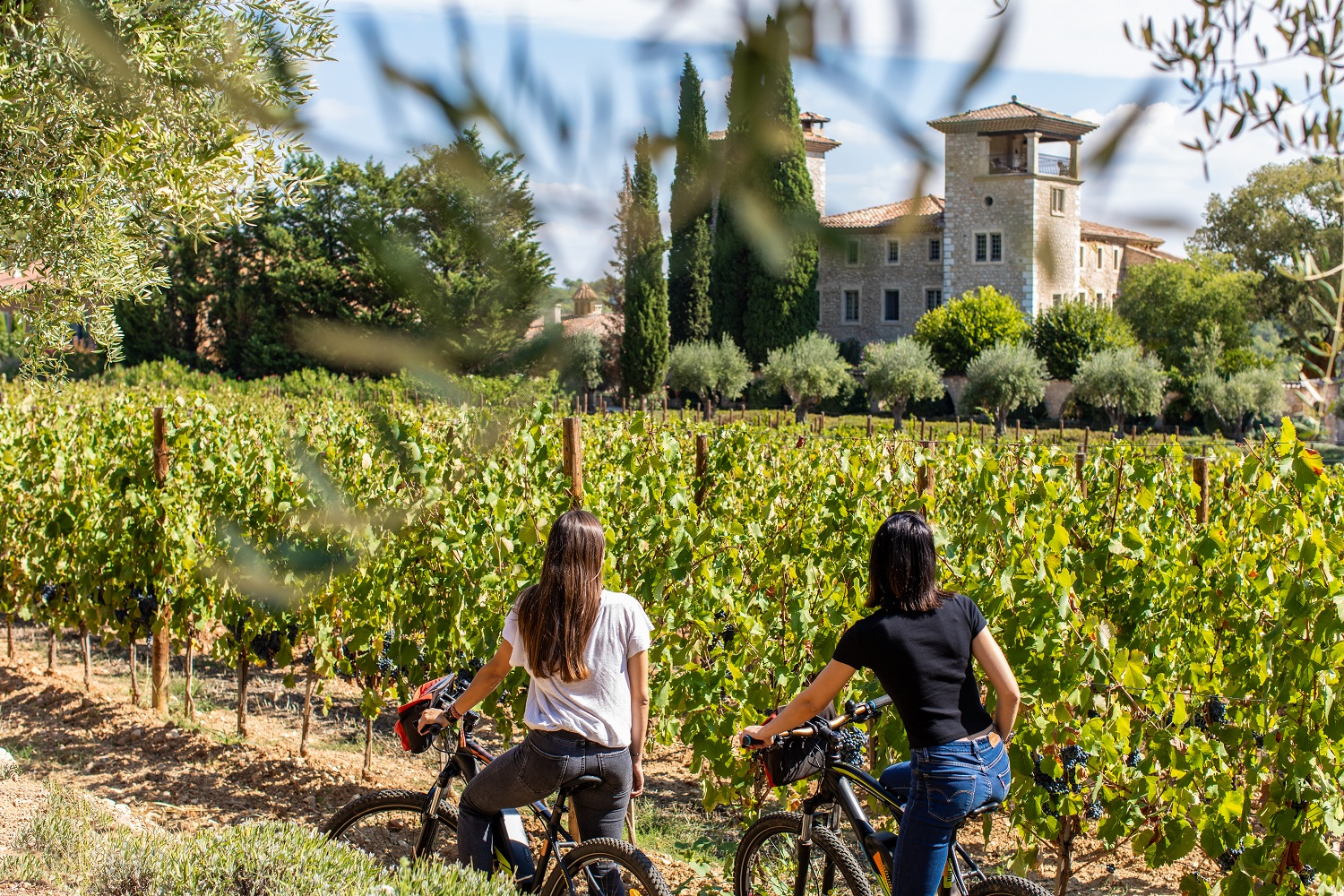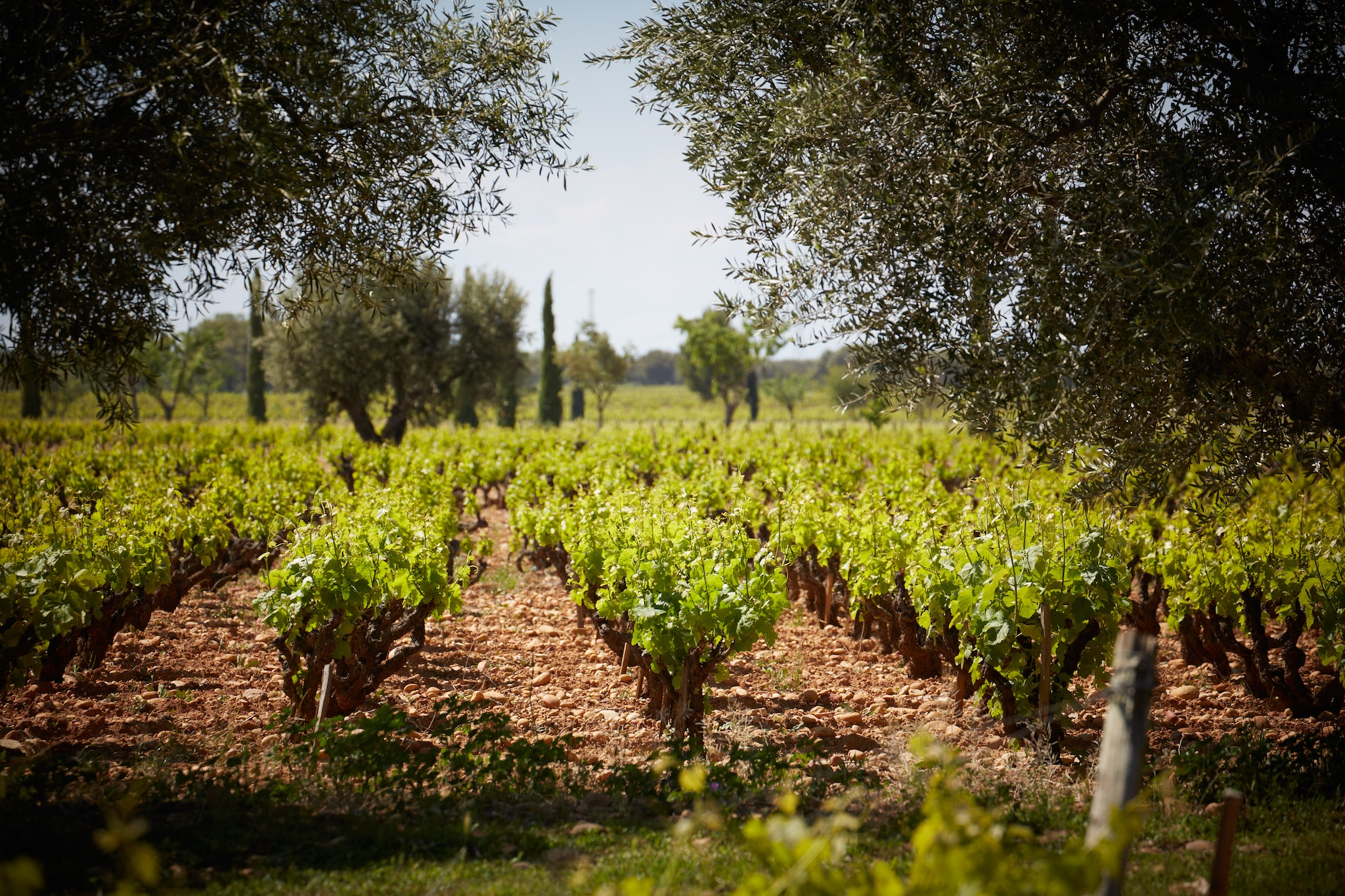8 of the best vineyards to visit in France, from Champagne to Alsace-Lorraine
Whether wetting your palette in Burgundy or savouring sips of rosé in Provence, here’s our pick of the bunch for French vineyards

Your support helps us to tell the story
From reproductive rights to climate change to Big Tech, The Independent is on the ground when the story is developing. Whether it's investigating the financials of Elon Musk's pro-Trump PAC or producing our latest documentary, 'The A Word', which shines a light on the American women fighting for reproductive rights, we know how important it is to parse out the facts from the messaging.
At such a critical moment in US history, we need reporters on the ground. Your donation allows us to keep sending journalists to speak to both sides of the story.
The Independent is trusted by Americans across the entire political spectrum. And unlike many other quality news outlets, we choose not to lock Americans out of our reporting and analysis with paywalls. We believe quality journalism should be available to everyone, paid for by those who can afford it.
Your support makes all the difference.France is a haven for sommeliers and oenophiles lusting to swirl, sniff and sip velvety glasses of vin. Vineyards, cellars and wineries – 27,000 of them to be precise – weave the rolling hills of the French countryside between Champagne and the Rhone Valley, some a backdrop to grand family-run estates and Michelin-class fine dining brasseries.
For a taste of the finer things in life, what could be more relaxing than checking in to a romantic chateau with views over the vines and a cold glass of fizz in hand?
With so many corks to pop, pairings to explore and grape varieties to choose from, settling on where to sample blends can be tricky. From the silky reds of Languedoc-Roussillon to the sweet sauternes of Bordeaux, here are the best wineries to visit in France for a vineyard trip that’s well saturated with all things wine.
Read more on France travel:
Champagne Le Gallais, Champagne
Best for: Classic cuvées
The Champagne Le Gallais estate in the heart of the Marne Valley, a Unesco World Heritage Site, is four hectares of vine-draped landscape. Limestone soil guarantees their champagnes remain elegant and balanced as they mature, with each cuvée intended to tell the story of their vine plot, ancestry and year.
With a panoramic terrace overlooking the family vineyard and the Château de Boursault, tasting tours and private masterclasses take visitors through the vine to-flute production process with samplings of three of Champagne Le Gallais’s champagnes from €15pp (£13).
Les Vins Domaine du Closel, Loire Valley
Best for: Dry savennières
Family vineyard Les Vins Domaine du Closel sits in Château des Vaults in Savennières, the product of a long line of female winemakers and producers maintaining the property. The slate hillsides, Anjou sun and fragrant rose orchard are home to a wealth of dry white, red, rosés and sparkling wines from savennières and les insolites developed with an emphasis on biodiversity.
Walk the vineyard, be charmed by the chateau and pair their wines with cheese on guided tours of the Domaine, complete with tastings, lunch or dinner.
Wine tour quotes are available on request.
Château de la Crée, Burgundy
Best for: Santenay pinot noirs
Château de la Crée dates back to the 15th century but today is home to some of France’s best pinot noir and chardonnay wines. Stretching across 25 acres of the Burgundy countryside, the heritage of the Château is blended with sustainable winemaking innovations in the vineyard and 16th-century cellar to create integrated wines that have spent 14-18 months in barrel.
Discover the Domaine, vineyard and vaulted cellar by electric bike or on foot during a wine tasting of five Château de la Crée wines from €22pp (£19).
Château de Berne, Provence
Best for: Aromatic rosés

Château de Berne is a Relais & Châteaux hotel in 1,272 acres of Provence olive groves and countryside, within which there are 370 acres of vines growing organic grapes. Featuring five-star villa accommodation, a Michelin-starred restaurant and a spa, it is a paradise for wine lovers looking for cellar tours, guided tasting sessions and oenology workshops.
The estate produces red, rosé and white Côtes de Provence wines best sampled in The Cave tasting room or on cellar tours with experienced sommeliers. Prices for pairings, production lessons and blending workshops start from €15pp (£13).
Château de Beaucastel, Rhone Valley
Best for: Châteauneuf-du-Pape grenache

There are 321 acres of “gobelet” planted vines with 13 varieties of grapes in the grounds of the Château de Beaucastel. The legendary papal wine is said to have been planted on the land during the reign of Pope Jean XXII in 1321.
Beaucastel wines blend powerful grenache grapes in a unique style each year with a dedication to the structure and elegance of the pour.
Email to make an appointment to visit the vineyard.
Château l’Hospitalet, Languedoc-Roussillon
Best for: Silky reds
Wine resort Château l’Hospitalet is a lavish 2,471-acre haven of hospitality and nature. Spacious suites, a spa and a contemporary restaurant are on hand for those staying in the charming castle, making it an ideal place to tighten up your wine knowledge – the Mediterranean climate and over 90 wine varieties certainly helps lessons along.
Oenotourism experiences start from €29pp (£25) for group tours of the estate, the wine resort and the cellar with commentary by a wine expert during a three-wine tasting.
Château Lafaurie-Peyraguey, Bordeaux
Best for: Sweet sauternes
In the hills of the village of Bommes, Château Lafaurie-Peyrague’s 45 acres of vineyards sit 70 above sea level in unique gravel and clay soils known to infuse Peyraguey’s aromatic blends. Semillon is the main grape variety grown here with sauvignon and muscadelle also used to create the sweet sauternes and fruity Bordeaux whites the vineyard has mastered.
Classic visits and tastings discover “the history of Château Lafaurie-Peyraguey, the territory of Sauternes and the secret of its sweet wines” with group tours of the fermentation room, cellars and chapel starting from €25pp (£21).
Domaine Weinbach, Alsace
Best for: Complex muscats
Domaine Weinbach, or “wine stream”, was built by Capuchin monks in 1612 in the foothills of Schlossberg. Muscat, pinot gris and sylvaner wines in the cellar at Domaine Weinbach go through long fermentations in old oak barrels, under the action of indigenous yeasts that yields a wide range of flavour and freshness that has produced a series of great gastronomic wines.
The vineyard welcomes visitors for food and wine pairings by appointment only.
Read more: Best hotels in Paris: From Eiffel Tower views to luxury locations
Join our commenting forum
Join thought-provoking conversations, follow other Independent readers and see their replies
Comments